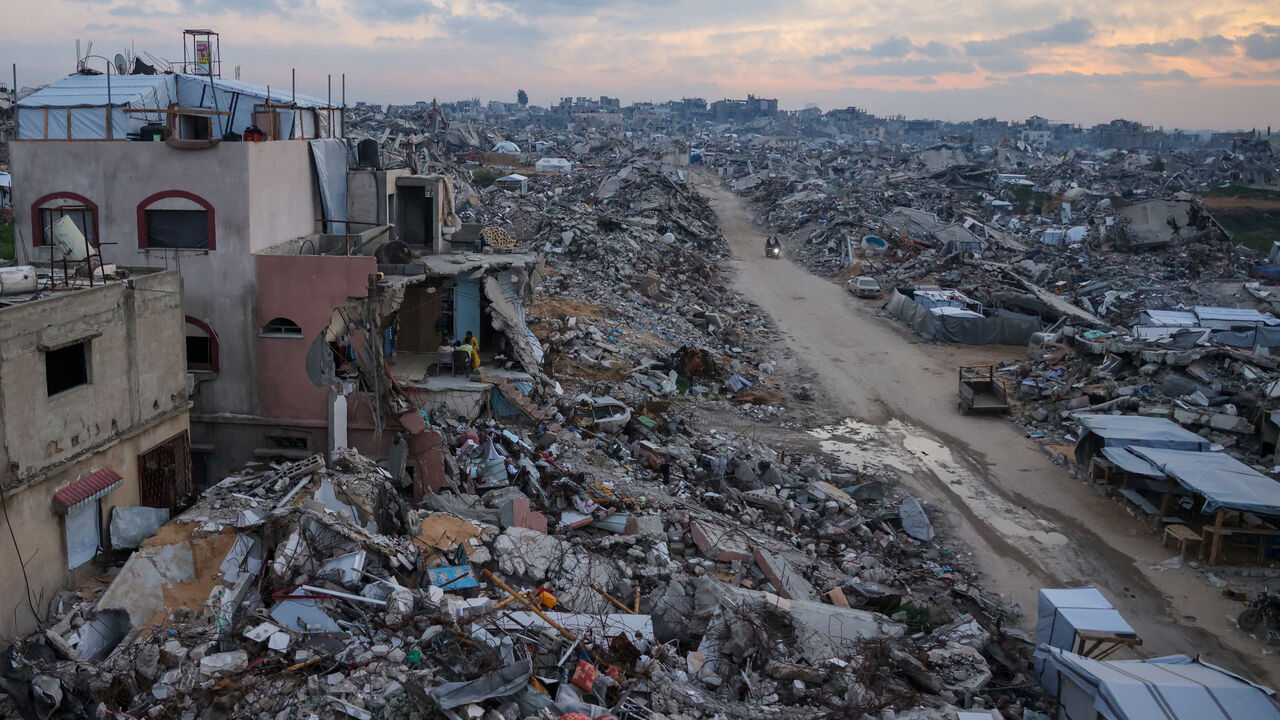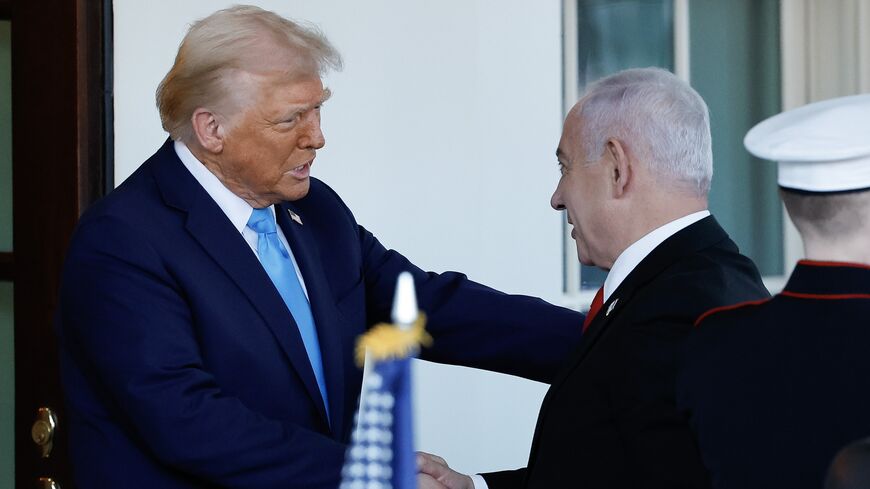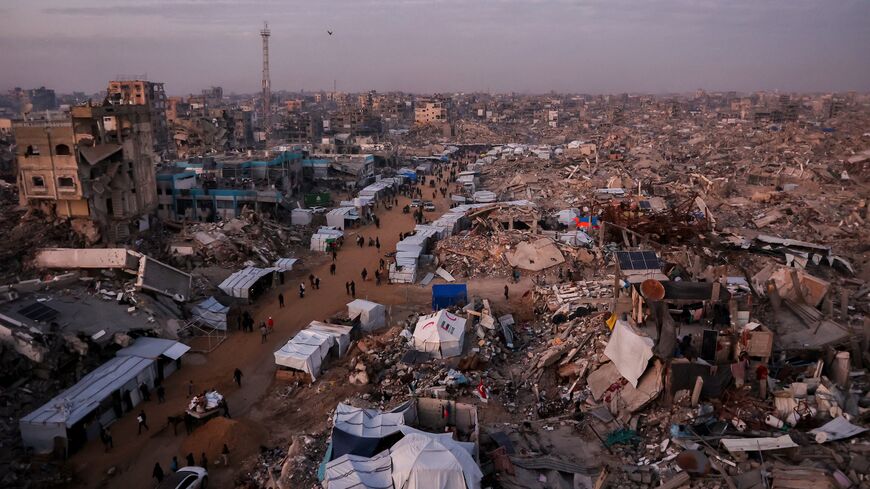White House rejects Arab plan for postwar Gaza, insists on Trump's
The Trump administration has rejected a joint Arab proposal for postwar Gaza out of hand, insisting on its plan to treat Gaza as a real estate development that observers have likened to ethnic cleansing.

WASHINGTON — The White House publicly rejected a joint plan put forth by Arab states to establish security in postwar Gaza.
“The current proposal does not address the reality that Gaza is currently uninhabitable and residents cannot humanely live in a territory covered in debris and unexploded ordnance,” Brian Hughes, a spokesperson for President Donald Trump’s National Security Council, said in a statement late on Tuesday.
“President Trump stands by his vision to rebuild Gaza free from Hamas. We look forward to further talks to bring peace and prosperity to the region,” the statement read.
The rejection came within hours after Arab officials gathered in Cairo adopted Egypt’s $53 billion counter proposal for postwar Gaza, designed to enable the territory’s population of 2.2 million people to remain within the ravaged enclave as Gulf states provide funding for recovery and reconstruction.
Egypt’s plan would have Hamas cede its claim to governance over the enclave and make way for a body of technocrats to run Gaza before a reformed Palestinian Authority takes power there. Elections would be held within one year under the proposal.
Speaking on Tuesday at the Cairo summit, PA President Mahmoud Abbas — who has clung to power since declaring emergency rule amid a civil war with Hamas in 2006 — said elections would be held “if circumstances are suitable.”
The summit in Cairo marked a rare show of unity among Arab states, which have for decades called for a two-state solution to the Israel-Palestine conflict — a prospect former US President Joe Biden’s administration belatedly endorsed, but for which Trump has made no indication of intent to support.
Egyptian President Abdel-Fattah el-Sisi’s government put forward the new proposal after Trump floated the idea last month to have the United States take control of the Gaza Strip and redevelop it into “the Riviera of the Middle East” after a majority of its population is vacated to locations in Egypt and Jordan.
Trump’s proposal drew outrage and dismay in the Arab world and among US allies, with experts and historians likening it to ethnic cleansing.
Jordan’s King Abdullah sought to steer Trump away from the plan in a visit to the White House last month, warning that his country’s economy cannot bear another influx of refugees. Jordan houses as many as 1.3 million Syrians from that country’s civil war, and roughly half of its overall population is Palestinian, descendants of those displaced in prior wars with Israel.
White House officials have pushed back on the criticism by describing Trump’s plan as humanitarian in intent. But the president said last month that Palestinians who leave Gaza as part of his “real estate development” plan would not have the right to return home, suggesting they would not want to.
Israel’s air campaign against Hamas over the 15-month war stemming from the Oct. 7 terror attacks has left the densely populated enclave in ruins. An estimated 51 million tons of rubble litter the landscape and much of the population spent many months of the conflict on the edge of famine.
The Israeli government’s conduct in the war led the International Criminal Court to issue arrest warrants for Israeli Prime Minister Benjamin Netanyahu, former Defense Minister Yoav Gallant and Hamas leader Yahya Sinwar. Israeli forces killed Sinwar in Gaza in October 2024.
On Saturday, US Secretary of State Marco Rubio issued a national security waiver to bypass Congress with some $4 billion in sales of offensive weaponry and munitions to Israel.
On Sunday, the Israeli government announced it would halt the transfer of goods into Gaza, including humanitarian aid, in a bid to pressure Hamas to accept new terms of an extended ceasefire.






